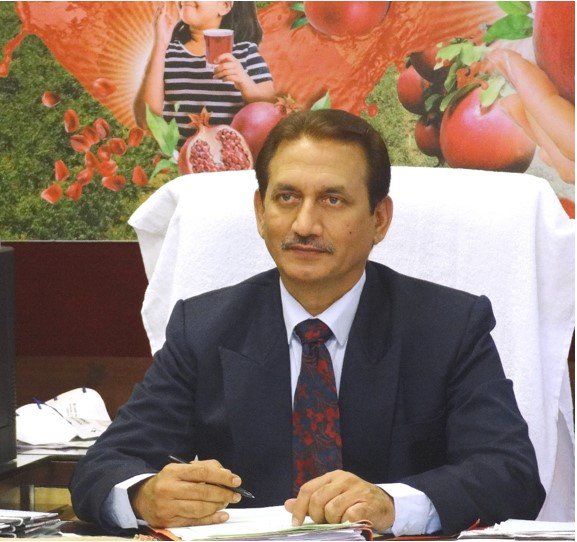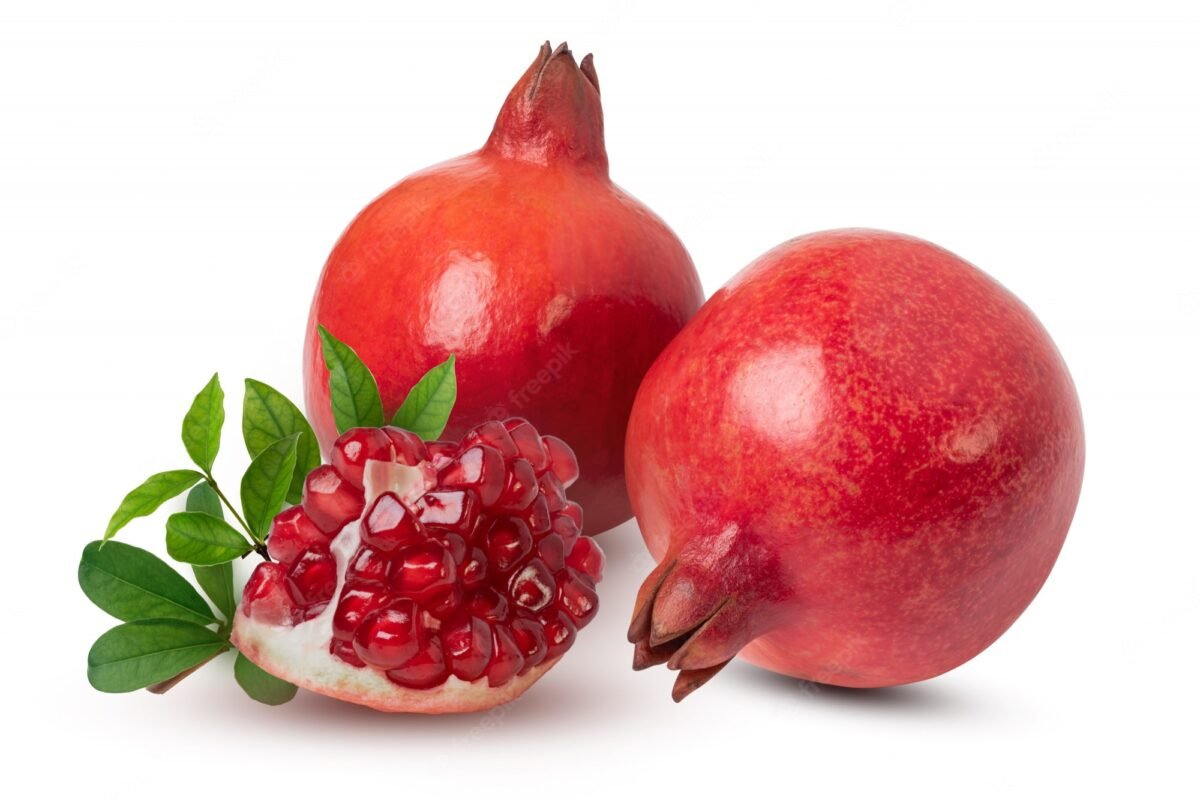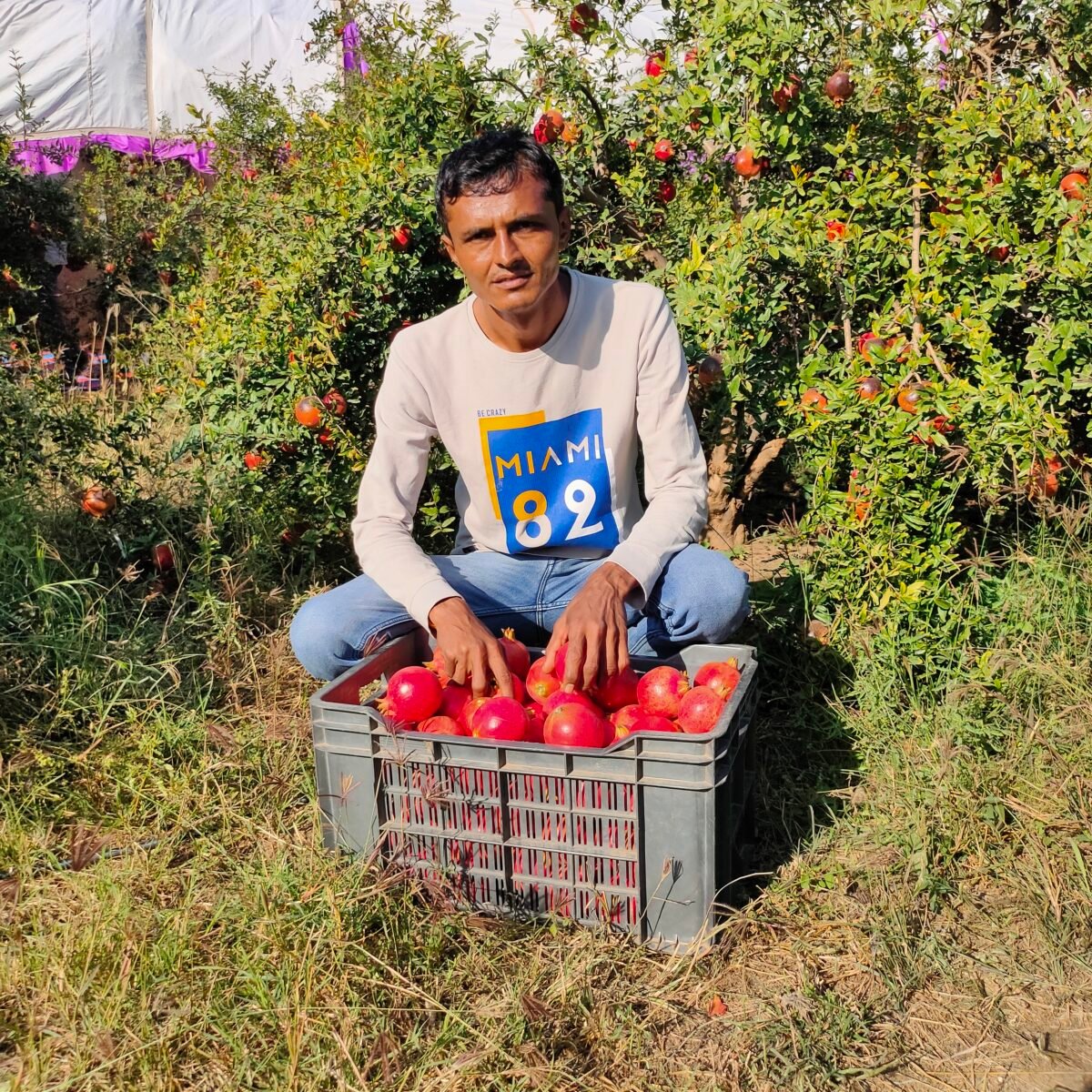How Pomegranate Genome Breakthrough Is Ushering New Dawn For Industry & Farmers
By Dr R A Marathe, Director, ICAR-National Research Centre on Pomegranate (NRCP), Solapur, Maharashtra
Pomegranate is one of the most remunerative fruit crops of semi-arid tropics and India is the global leader in pomegranate cultivation with over 2.88 lakh hectare land producing about 32.71 lakh tonnes of fruits annually. The nutraceutically rich and dollar earning crop is one of the choicest fruit crops for growers and consumers all across the world. The consumer awareness of innumerable health benefits has increased market demand for pomegranate, resulting in handsome monetary returns from this horticulture crop especially in India.
Pomegranate supports livelihood security of an estimated 2.5 lakh farm families mostly in climatically and edaphically challenged regions. This ‘Superfood’ is registering a steep upward trend in export from India 99,000 metric tonnes (216 per cent growth as compared to 2013-14) earning a foreign revenue equivalent to Rs 688.8 crore in 2020-21. Despite being such a valuable and remunerative fruit crop for all the stakeholders including growers and consumers, very limited genomic resources and molecular information are available to support the accelerated pomegranate improvement programme. The narrow genetic base of this crop also poses a serious challenge for researchers involved in the pomegranate improvement programme. So, with the aim of creating useful molecular information, generating genomic wealth and accelerating pomegranate improvement programmes, the genome sequencing programme was initiated by the Indian Council of Agricultural Research (ICAR)-National Research Centre on Pomegranate (NRCP), in 2015-16.
Even as India has ramped up production in recent years and has been a world leader in pomegranate production with a 50 per cent contribution to global production, India’s domestic capacity as well as export potential has still remained largely unrealised. This has been due to an assortment of reasons including the limited availability of genomic resources and molecular information about this highly remunerative crop. Being a high value crop, until now, due to lack of resistant pomegranate varieties against major pests and diseases, there has been very high dependence on chemical pesticides for managing biotic stresses. However, now that we have managed to sequence the whole genome of this fruit, this will open up incredible avenues for vastly improving yield, growing much better and safer varieties for human nutritional needs, and all this at a much faster rate. The reference-quality genome assembly of pomegranate variety Bhagawa is a publicly accessible genomic resource for pomegranate researchers across the globe and will provide a great impetus to the pomegranate improvement programme across the globe.
ICAR-NRCP has come up with the assembly of a reference-quality genome (346.08 Mb) of pomegranate variety Bhagawa consisting of only 342 scaffolds with an average N50 value of 16.12 Mb. To accomplish this genome sequence, we deployed four advanced Next-Generation Sequencing (NGS) platforms such as Illumina, 10X Genomics Chromium, PacBio Sequel followed by BioNano Genomics. This assembly covered more than 98 per cent of the estimated size of Bhagawa genome, 352.54 Mb. The assessment of assembly quality through LTR Assembly Index (LAI =10) and BUSCO completeness score (93.68 per cent) over the 1440 ortholog genes revealed this genome is of reference quality standards with high continuity. Genome annotation revealed a total 29,435 gene models with a mean transcript length of 2954 bp and a mean coding sequence length of 1090 bp. We discovered a total of 1,573 disease resistance protein coding genes, and 1,533 transcription factor (TF) coding genes and 314 MIR ncRNA genes that code for 26 different families of microRNAs, which regulate various genes for growth and development in pomegranate. The ICAR-NRCP scientists have also carried out the chromosome level assembly using HiC- chromosome conformation capture sequencing for the var. Bhagawa genome to assemble the entire genome into eight chromosomes covering about 345 Mb genome and the final curation and integration led to the validated presence of 33003 genes with 41682 mRNAs.
To read more click on: https://agrospectrumindia.com/e-magazine
By Dr R A Marathe, Director, ICAR-National





